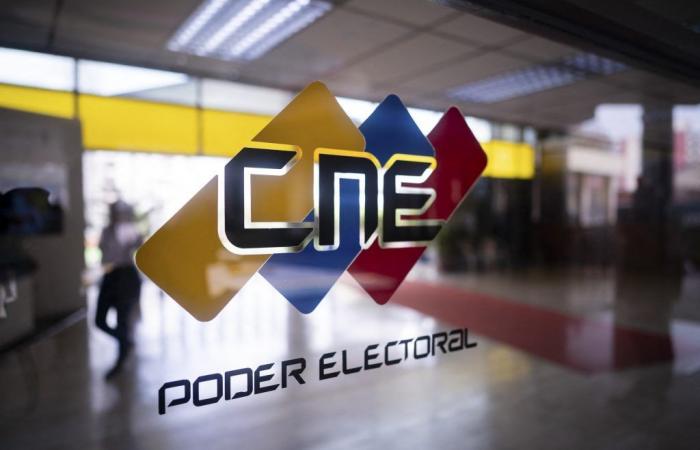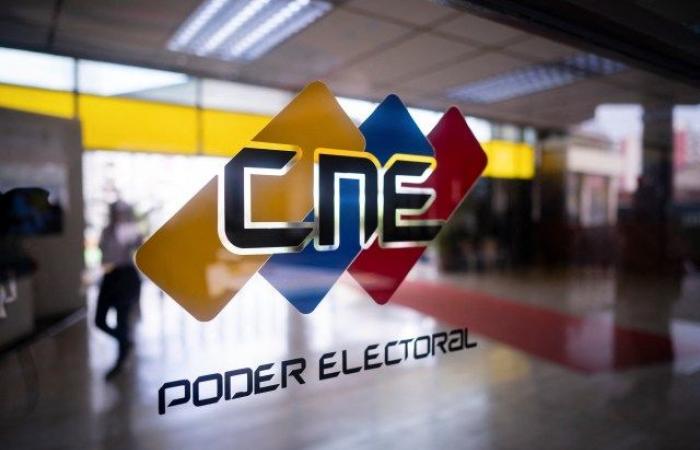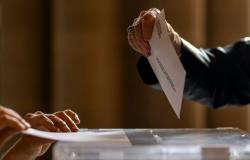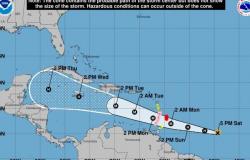With one month to go until the presidential elections in Venezuela, the campaigns of the main candidates – Nicolás Maduro and Edmundo González Urrutia – are displaying figures showing that each is closer to victory, both due to the size of their organizations and the estimated support.
These two contenders are joined by eight others who have no numerical possibility, but who have generated noise in recent months and who -predictably- will raise the tone even more starting on July 4, when the formal campaign time will begin.
Below are the figures surrounding the vote:
1.- The electoral architecture
A total of 21,620,705 Venezuelans are called to vote on July 28, when the National Electoral Council (CNE) will open nearly 15,800 centers throughout the country, during a day that will last 12 hours, with a very possible extension after 6:00 p.m. local time (22:00 GMT) until there are no more voters in line.
This census is conditioned by migration, since, according to United Nations agencies, some 7.7 million Venezuelans left the country in the last decade and only 69,211 voters will be able to vote abroad. The Executive rejects the UN figures and estimates that only two million Venezuelans left the country, of which half have already returned.
Several international bodies will send oversight missions, including the United Nations (UN), despite the revocation of the invitation to the European Union (EU), an observation that had been agreed between Chavismo and the Democratic Unitary Platform (PUD), the block that supports González Urrutia.
2.- The proselytizing artillery
Beyond political events, Chavismo and the PUD concentrate their efforts on mobilizing activists for election day, when they hope that their campaign promoters will take as many Venezuelans as possible to the polls and defend the votes as witnesses. elections within the centers.
The González Urrutia campaign claims that more than 50,000 teams, each made up of a different number of people, will leverage support for this candidacy, which plans to deploy 600,000 people to monitor every aspect of the process, especially considering that the CNE acts in favor of Chavismo.
On the ruling party side, the PSUV activated a digital application and has thousands of forms with voter data to seek support on July 28. For these elections, Chavismo takes as its base a total of 4.2 million supporters.
3.- The duo and the rooster
Maduro’s candidacy, widely promoted by state media, and that of González Urrutia, who accumulates the greatest support on social networks, have multiplied their mass events in the last two weeks and plan to expand their activities during the 21 days of the campaign.
The PUD candidate formed a duo with opposition leader María Corina Machado – who is barred from running in elections due to an administrative sanction – who supports him in his mass events throughout the country, while the former ambassador keeps his speeches brief and makes simple promises, without mentioning his rival.
Maduro, on the other hand, appears every day on the state channel VTV, which broadcasts his rallies for hours, during which time he “promises to solve,” sometimes in a matter of days, problems that have plagued communities for years. Furthermore, Nicolás, who has proclaimed himself the “fine rooster” of the race, focuses his speech on attacking the PUD.
4.- 13 years versus 70 days
Added to all this is an apparent poll war, in which firms trying to predict the chances of González Urrutia and Maduro, in power since 2013, confront each other.
The most traditional pollsters give the former ambassador a lead of between 20 and 40 points over Maduro, while a group of new firms – some created this year – continue to place the representative of Chavismo as the candidate to beat. | By Héctor Pereira /EFE







